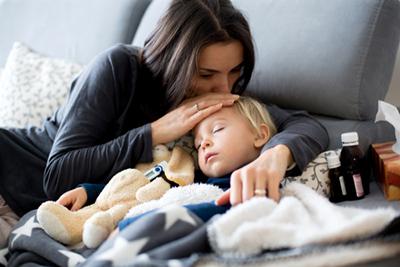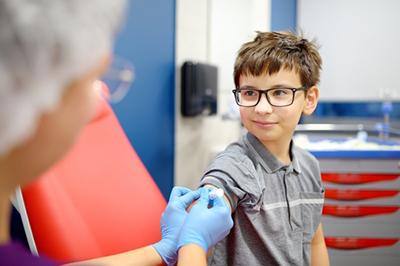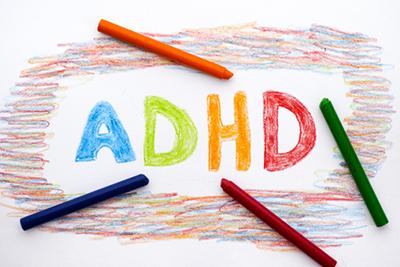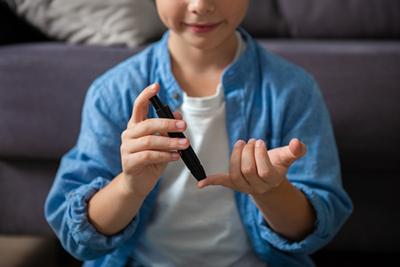Blog
When Should You See Your Pediatrician?
- posted: Apr. 10, 2024
As parents, it's natural to feel concerned about your child's health and well-being, especially when they're experiencing symptoms or discomfort. While many childhood illnesses and injuries can be managed at Read More
Common Developmental Milestones: A Guide for Parents
- posted: Apr. 03, 2024
Understanding developmental milestones can provide valuable insight into your child's growth and help identify any potential developmental delays. If you need guidance on your child's development, visit Timberlake Pediatrics located in Read More
How Often Should My Child Be Seeing a Pediatrician?
- posted: Apr. 01, 2024
Here’s the scoop on why you should be bringing your little ones in to see a pediatrician regularly. It's important that you make time to bring your children in to see Read More
Managing Fevers: Tips for Worried Parents
- posted: Mar. 15, 2024
It can be stressful and worrisome when your child has a fever and isn’t feeling well. In that moment, there’s nothing you want more than to help your little one Read More
Navigating Your Baby's First Checkup
- posted: Mar. 13, 2024
Now that your baby is finally here, you want to make sure that you’re prepared and understand how to care for your child. One part of caring for your baby Read More
What To Expect at a Behavioral Health Evaluation
- posted: Mar. 11, 2024
As a parent, it’s only natural to be curious about your child’s behavior. Is your child’s behavior normal, or is it a sign your child needs help? A behavioral health Read More
Understanding the Childhood Immunization Schedule
- posted: Mar. 07, 2024
As a parent, you want to make sure that you’re doing everything you can to keep your child protected from infectious diseases. If your child does deal with specific diseases, Read More
Newborn Basics: A Complete Guide for First-Time Parents
- posted: Mar. 05, 2024
If you are a first-time parent, caring for a newborn can be overwhelming. Your pediatrician is an expert at newborn care and can help. The pediatricians at Timberlake Pediatrics in Read More
Recognizing Early Signs of Asthma in Children
- posted: Mar. 03, 2024
Asthma can impact how your child plays and how they function each day. When asthma is undiagnosed, it can be difficult to deal with and you might find yourself unsure Read More
The Importance of Regular Well Visits
- posted: Mar. 01, 2024
You want to safeguard your child’s health, but you can't do it alone. You need some help. Regular well visits to your pediatrician can protect your child’s health by providing Read More
The Importance of Early Detection: Pediatric ADHD Screenings
- posted: Feb. 29, 2024
Is your child constantly fidgeting, daydreaming, and unable to sit still? If so, your child could have attention deficit hyperactivity disorder or ADHD, a condition which can be diagnosed and Read More
The Importance of Early Childhood Vaccinations
- posted: Feb. 07, 2024
Children are one of the most vulnerable age groups because a child’s immune system is not as well developed as that of an adult. Early childhood vaccinations play an important Read More
Childhood Obesity: Causes, Risks, and Strategies for Prevention
- posted: Feb. 01, 2024
Childhood obesity affects approximately 30% of children in the U.S., and numbers continue to rise. According to the Centers for Disease Control and Prevention (CDC), obesity is one's body mass Read More
Recognizing Symptoms of Diabetes in Children
- posted: Jan. 18, 2024
Diabetes is a lifelong condition that can potentially lead to serious consequences if it is not properly managed. Early diagnosis and treatment are the best ways to keep your child Read More
The Importance of Childhood Vaccinations
- posted: Jan. 09, 2024
When you are a parent, you probably spend a lot of time thinking about your child’s health. There is one easy way you can help ensure your child is protected Read More
Best Ways To Prevent Ear Infections
- posted: Jan. 07, 2024
Ear infections are common in children because their ears are not fully developed, and it can be difficult to properly drain fluid. Ear infections can be brutal, and it can Read More
Contact Us
Our Location
Find us on the map
Timberlake Pediatrics
8118 Timberlake Way Ste 230
Sacramento, CA 95823-5400, US
Hours of Operation
Our Regular Schedule
9:00 am - 5:00 pm
9:00 am - 5:00 pm
9:00 am - 5:00 pm
9:00 am - 5:00 pm
9:00 am - 5:00 pm
Closed
Closed















